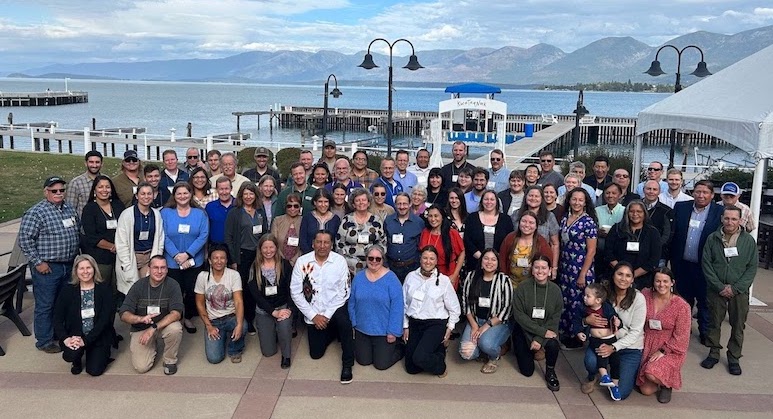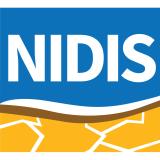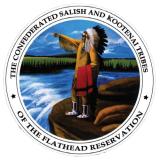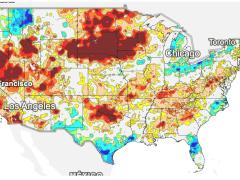NIDIS, Confederated Salish and Kootenai Tribes Host Workshop on Building Drought Resilience
In September, NIDIS and the Confederated Salish and Kootenai Tribes co-hosted the Workshop for Building Drought Resilience in a Changing Climate with Upper Columbia and Missouri Basin Tribes, held on the Flathead Reservation in western Montana. Over 100 people attended the workshop, representing 16 tribal nations, numerous federal agencies, Montana state government, academic institutions including Tribal Colleges and Universities, and the private sector.
“I think for me the big takeaway was that we are experiencing drought and other climate-related changes that we have not seen before, and this is the ‘new normal,’” said Michael Durglo, Jr., Tribal Historic Preservation Department Head for the Confederated Salish and Kootenai Tribes and member of the workshop planning committee. “We definitely need to do better at collaborating and working together to both prepare and respond to these changes.”
During the workshop, tribal nations shared successes and challenges around building drought resilience. Partners of tribal nations provided lightning talks and engaged attendees at a partners’ fair to showcase programs and relevant funding opportunities. Working sessions focused on the following drought resilience topics:
- Increasing drought and climate change research and capacity with Tribal Colleges and Universities.
- Building capacity and identifying technical assistance to apply for drought and climate-related funding opportunities.
- Enhancing drought monitoring.
- Streamlining drought and climate-related planning efforts and managing water during drought.
- Determining best practices for collecting and documenting drought impacts.
Tribal attendees emphasized the need for greater communication with and from their partners about the programs they offer, and the importance of building trusted relationships. They also discussed challenges in applying for and administering grant funding opportunities offered by federal agencies, and offered suggestions to streamline processes and support accessibility and capacity-building.

“The workshop planning committee was truly instrumental in ensuring the success of the workshop,” said Crystal Stiles, NIDIS Tribal Engagement Coordinator and workshop lead. “We had a diverse group of people—Indigenous and non-Indigenous, some who were local and helped with crucial workshop details, and others from federal agencies, a Tribal College, and other academic institutions—and they all brought something very valuable to the table.”
Next steps for addressing workshop outcomes include having conversations with federal attendees and their respective agencies to ensure that feedback on programs and funding opportunities are passed along to the appropriate level of administration, as well as disseminating recommendations from the workshop.






